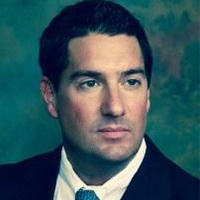Milford Felony Lawyer, Connecticut
Sponsored Law Firm
-
 x
x

Click For More Info:
-
Andrew M Amendola, Attorney at Law
591 Thompson Avenue East Haven, CT 06512» view mapAccident & Injury, Criminal, Estate, Real Estate Where Every Client Matters
Let Andrew M Amendola, Attorney at Law handle all your legal needs today@
800-942-4780
Not enough matches for Milford Felony lawyer.
Below are all Milford Criminal lawyers.
James J Ruane
James J. Ruane is a practicing lawyer in the state of Connecticut.
James O Ruane
Jay Ruane is a practicing lawyer in the state of Connecticut.
Paul Christopher Gusmano
✓ VERIFIEDAttorney Gusmano was chosen for inclusion in 'Connecticut Magazine and New England Super Lawyers Magazine as a Super Lawyer in Personal Injury from 20... (more)
Scott Leventhal
✓ VERIFIEDRepresenting the accused and the injured since 1957. We understand that sometimes good people make mistakes. The story of the LoRicco family and t... (more)
Herbert Ira Mendelsohn
✓ VERIFIEDHerbert Mendelsohn is a personal injury lawyer proudly serving clients in New Haven, Connecticut and the neighboring communities.
V. James Ferraro
FREE CONSULTATION
CONTACT Andrew Amendola East Haven, CT
Andrew Amendola East Haven, CT AboutAndrew M Amendola, Attorney at Law
AboutAndrew M Amendola, Attorney at Law





